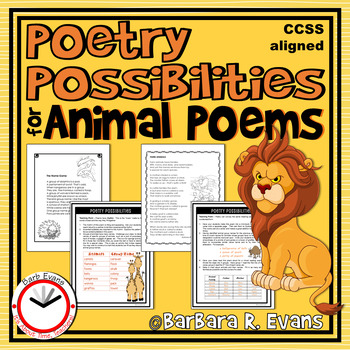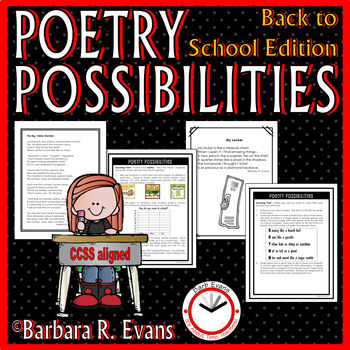It's about time, teachers, to teach smarter not harder.
When I was in Reading Recovery™ training, one concept that was ingrained in me was to teach with a sense of urgency. That has carried over into all of my teaching and has prompted me to try to maximize both my teaching activities and the learning of my students. In other words, I try to teach smarter, not harder.
To that end, I created One Dollar Words Challenges. Using these with my 3rd - 5th grade enrichment students proved to be smart teaching that incorporated computation with vocabulary development, grammar with research, and editing with Higher Order Thinking Skills.
The challenge is to find words that have a value of exactly $1 when the letters are added together using these values:
Just blindly striking out to discover a $1 Word couldn't be more frustrating to students. So, I created clues to lead them.
Give each student a clue, a table of values, and a calculator. Then send them off to find their words. A thesaurus is an enormous aid to this pursuit and can be used in print or digital form. [Be aware that digital thesauri can, on occasion, produce objectionable words for children.]
Before long, students will discover the value of base words, prefixes, suffixes, plurals, participles, ... The skills honed include:
- addition computation
- vocabulary development
- parts of speech
- base words
- prefixes & suffixes
- participles
- singular & plural
- compound words
- spelling & proof-reading
- dictionary & thesaurus
- calculator
- internet research
- critical thinking
- problem solving
- cooperative learning
Teaching just can't get much smarter!
This file is FREE so you can try them before you buy them.
You can find 6 more units here. Additionally, they have been combined into several bundles which will save you money!
Come back soon for more ideas about WORKING SMARTER NOT HARDER.






















